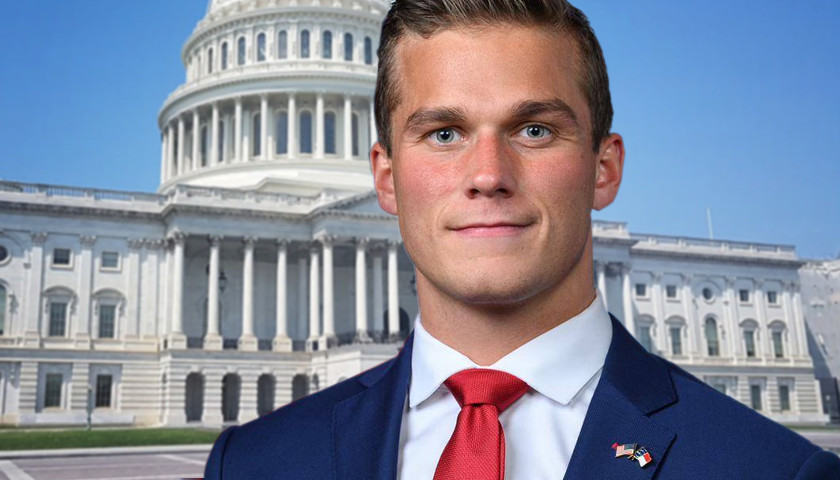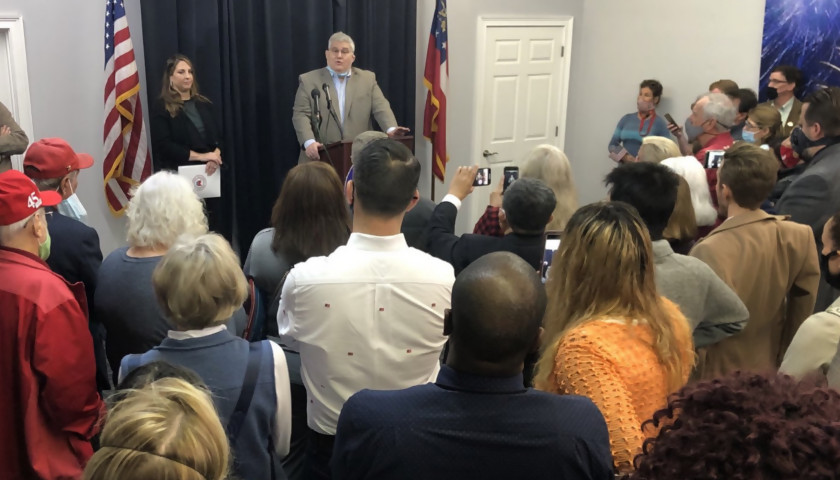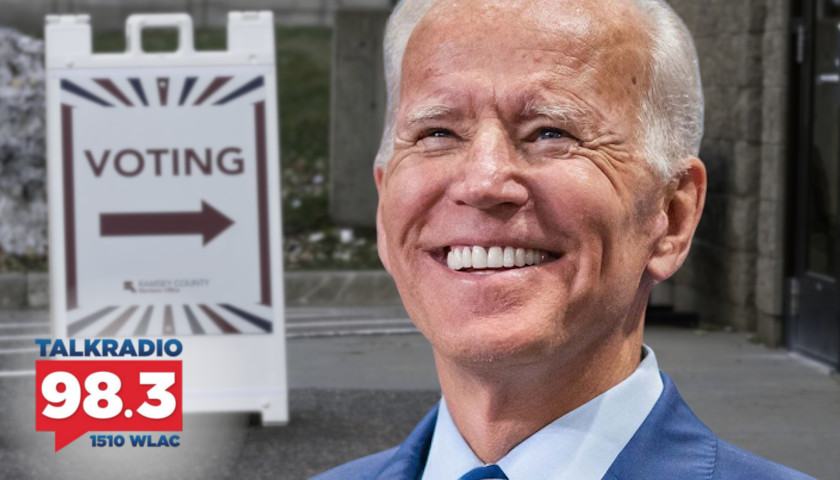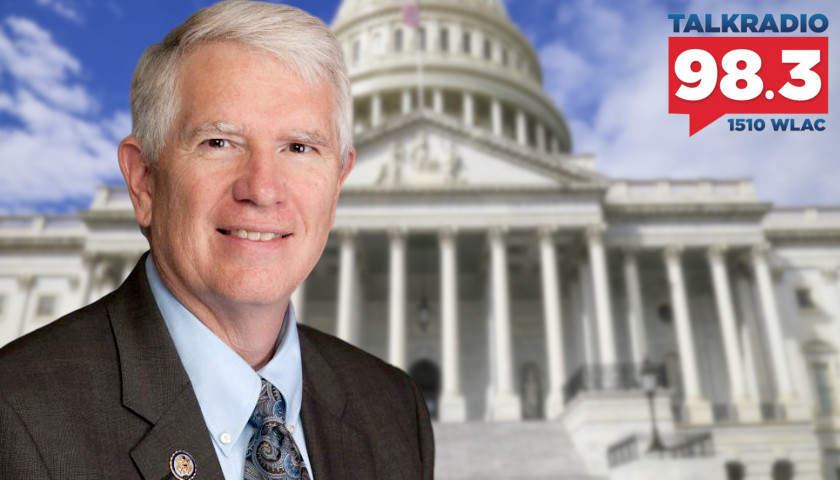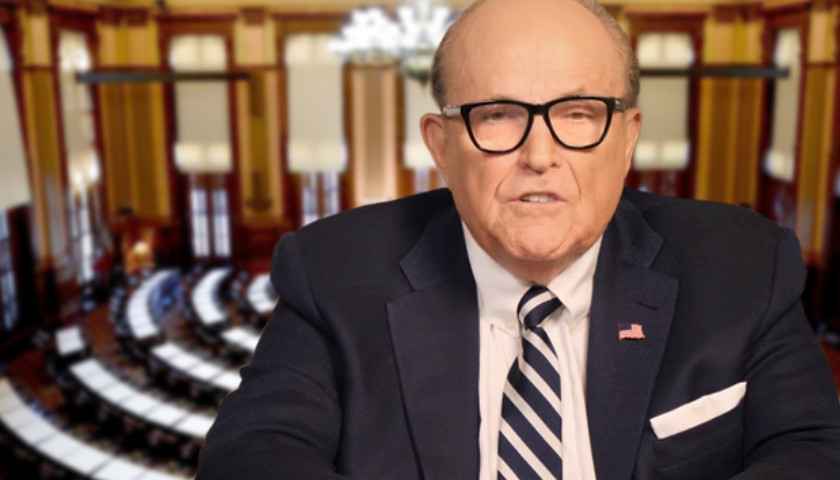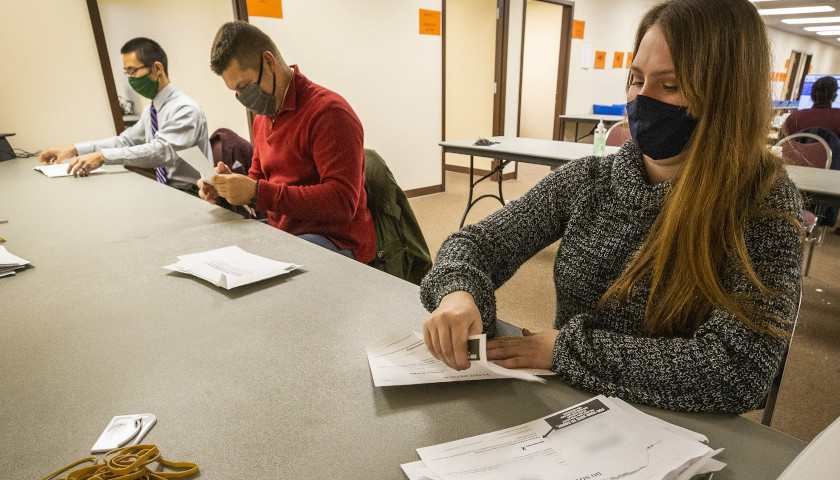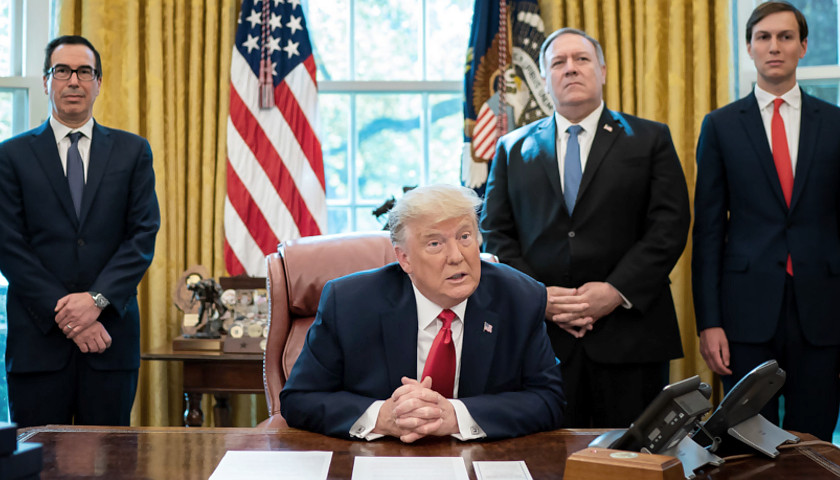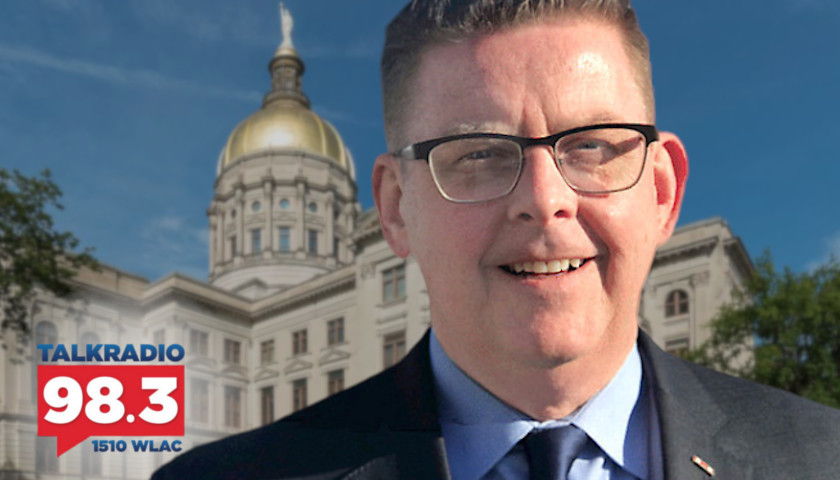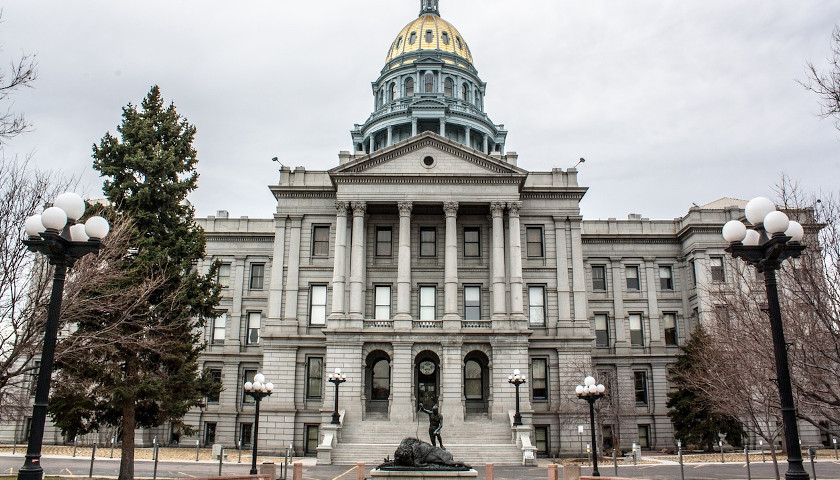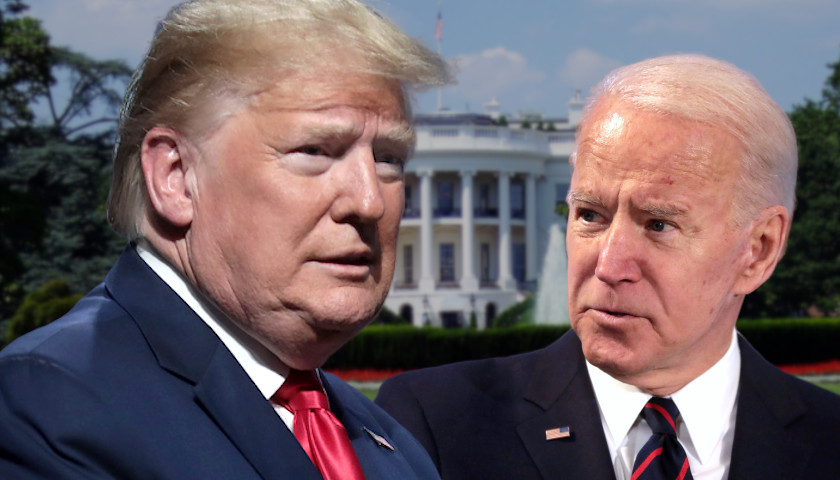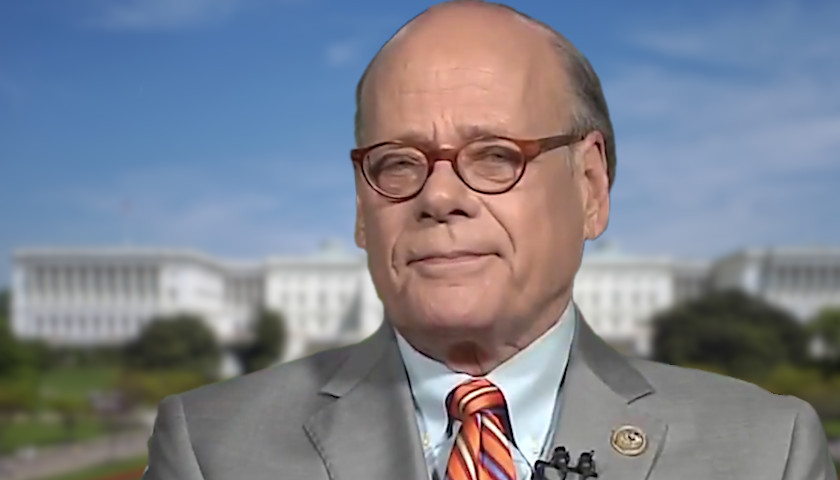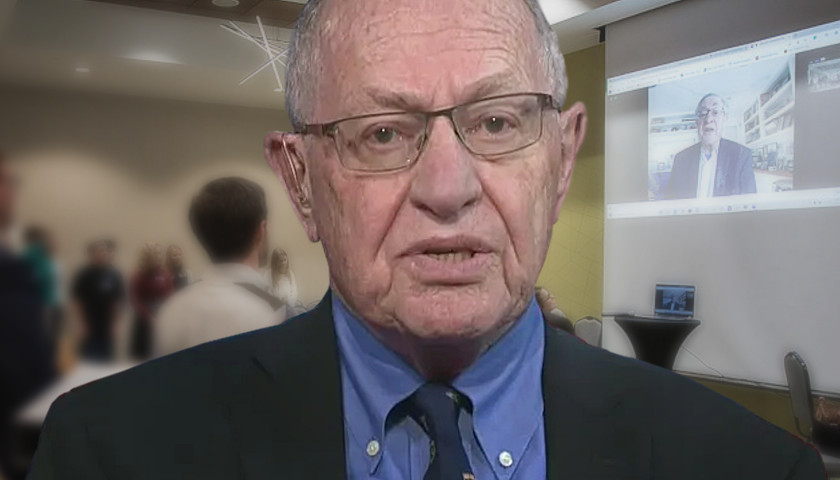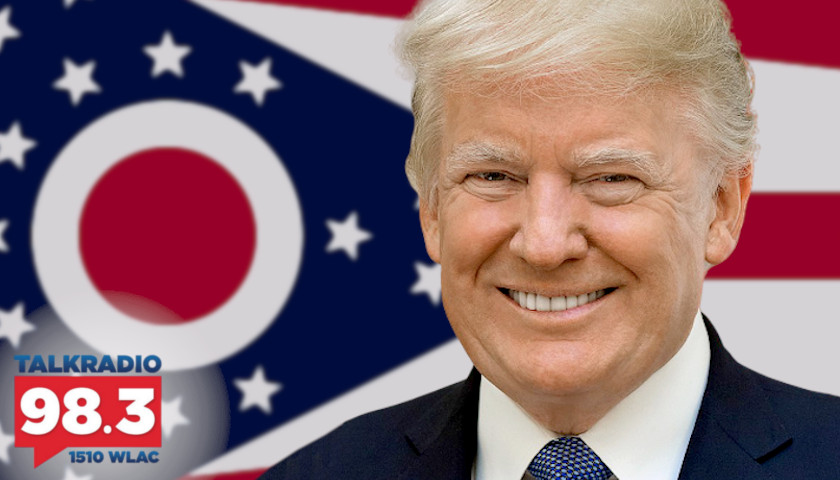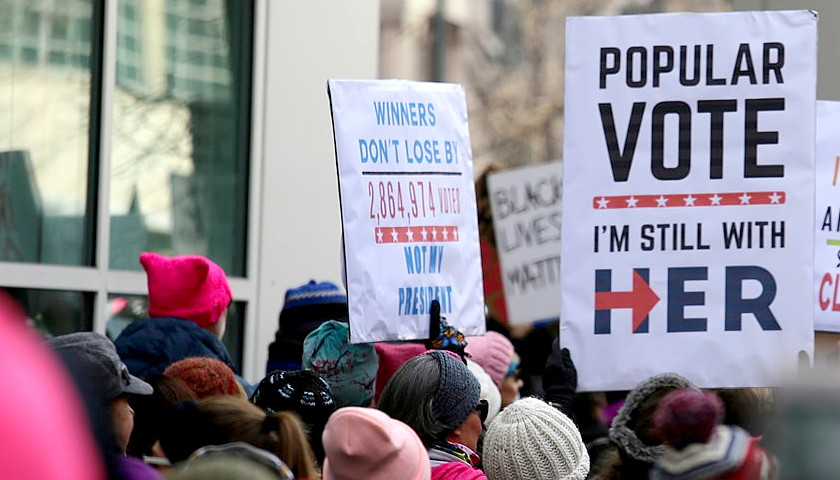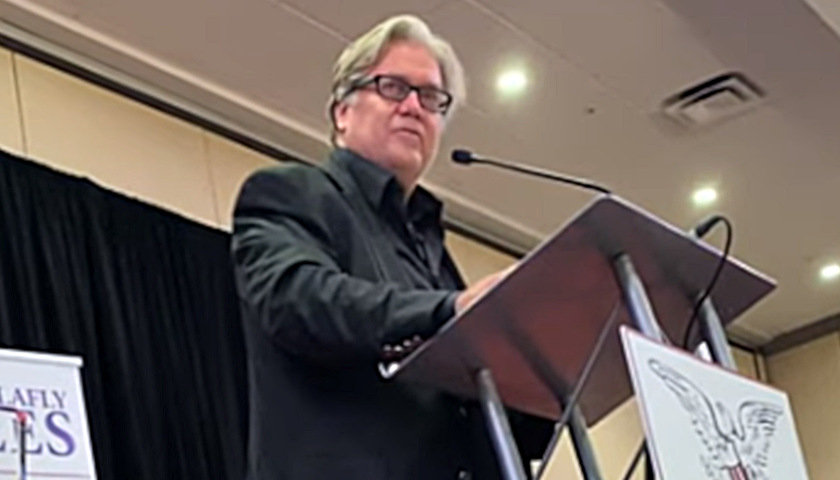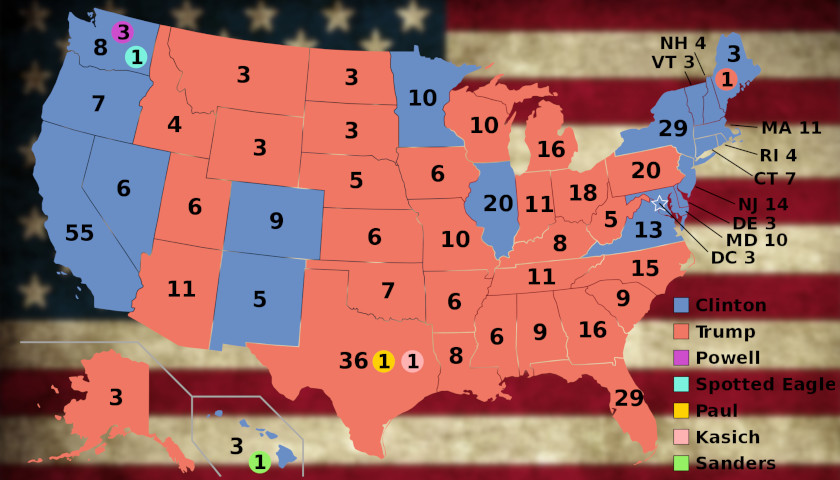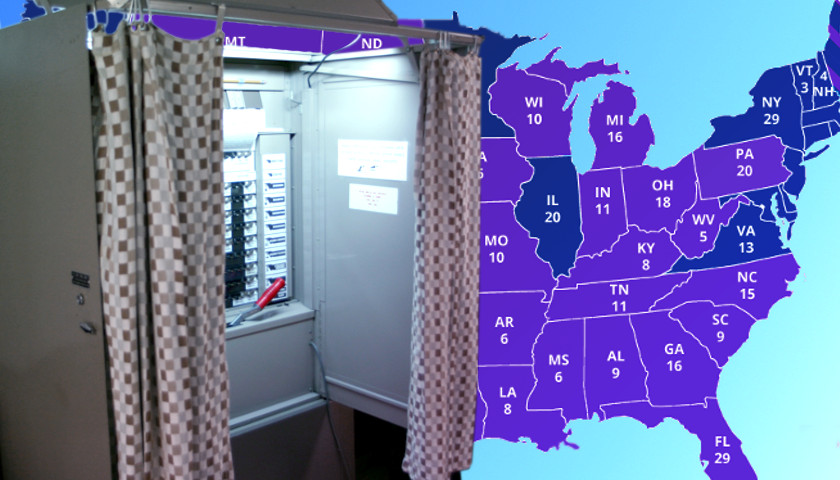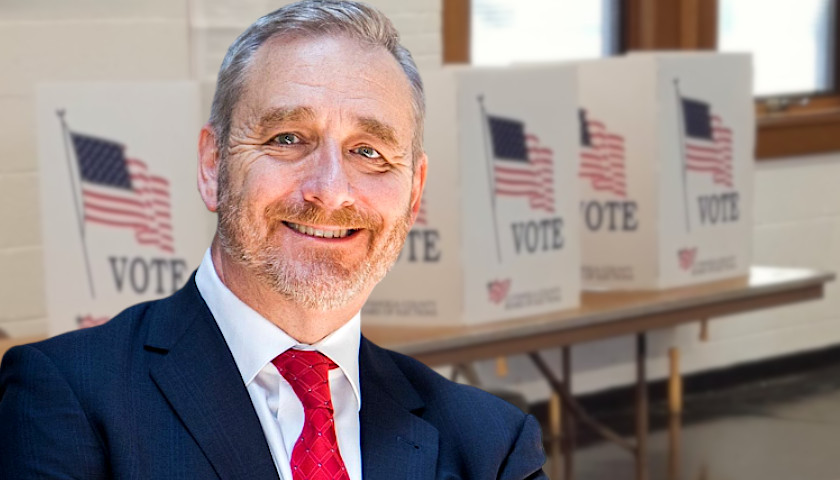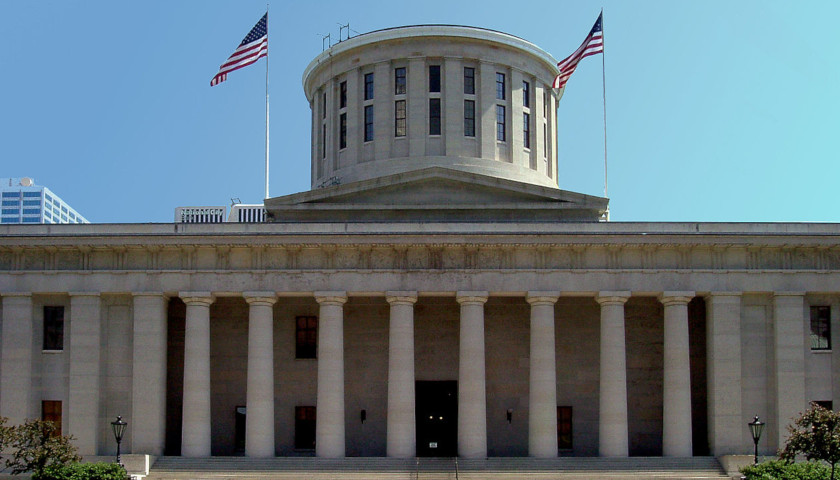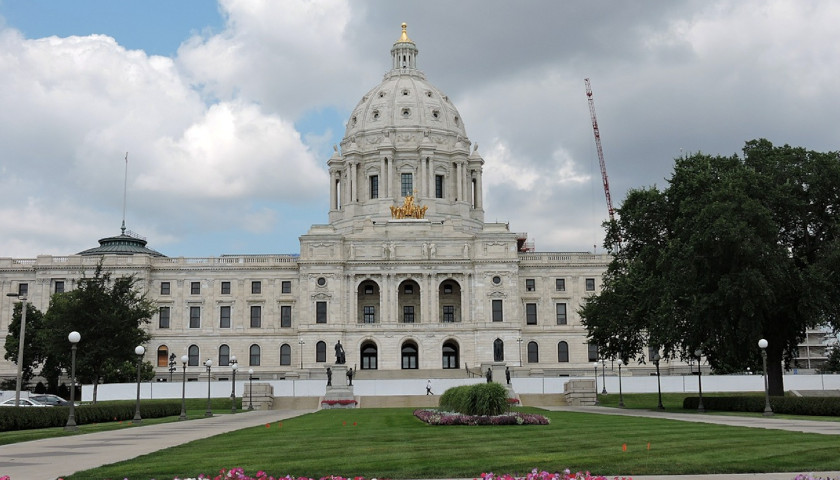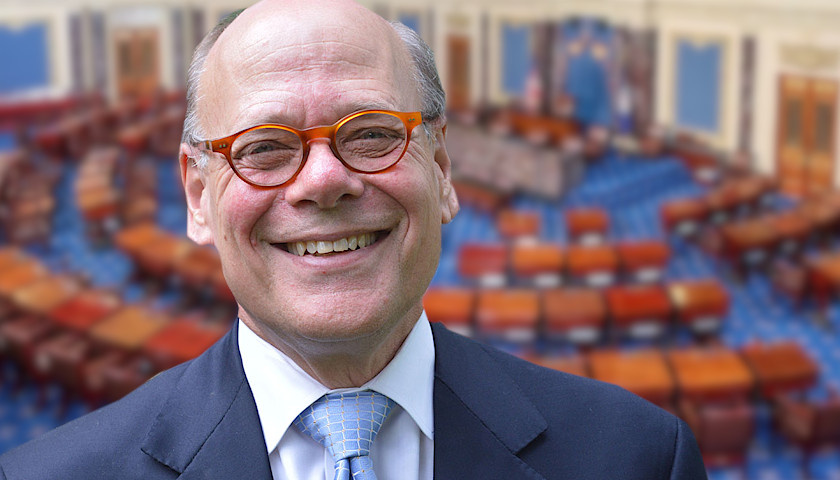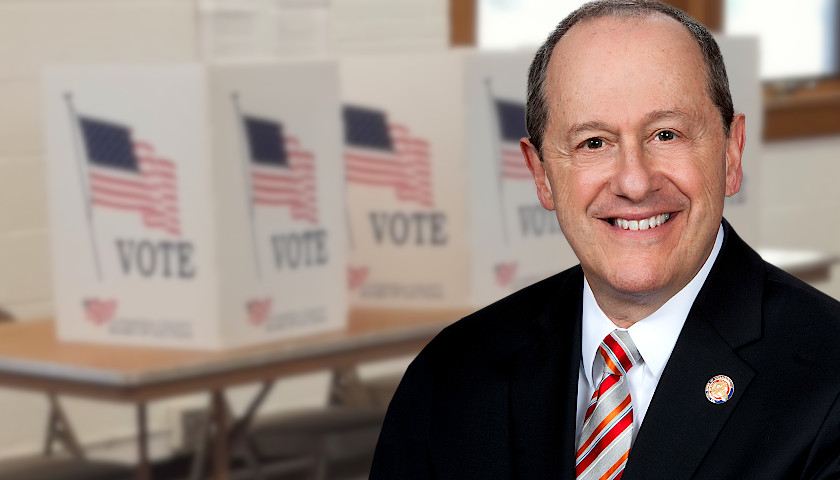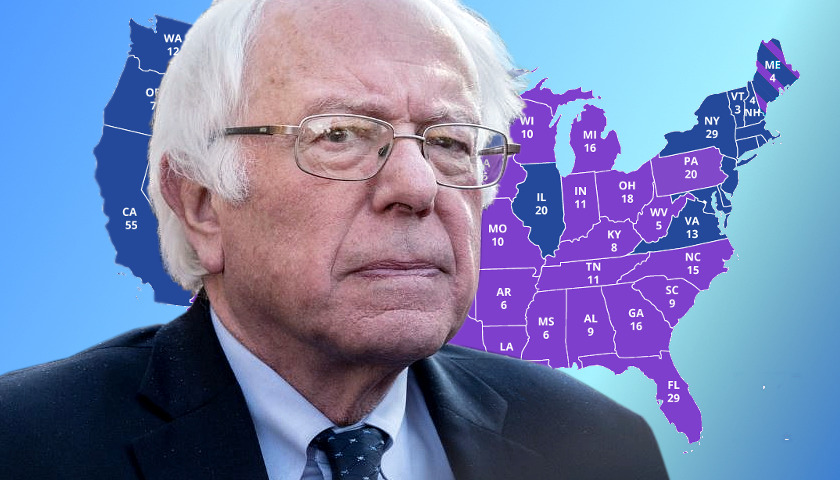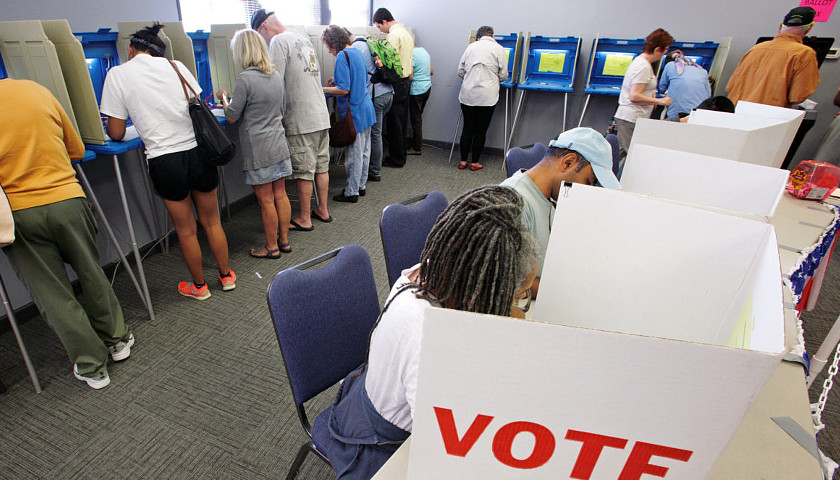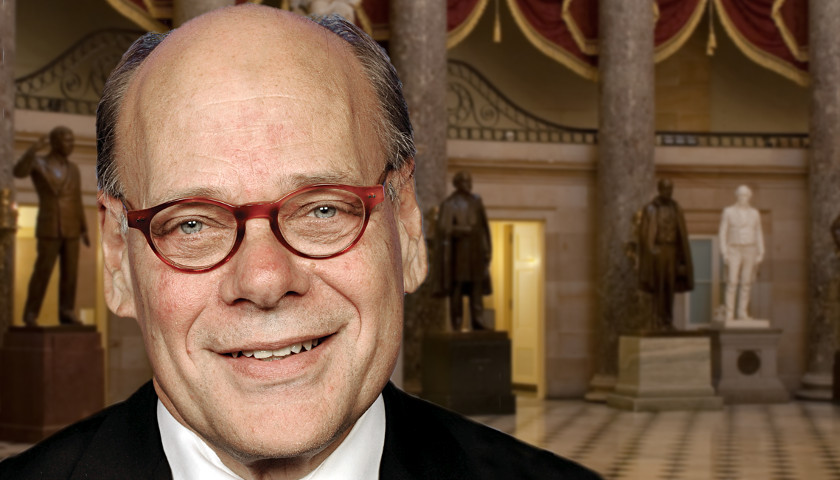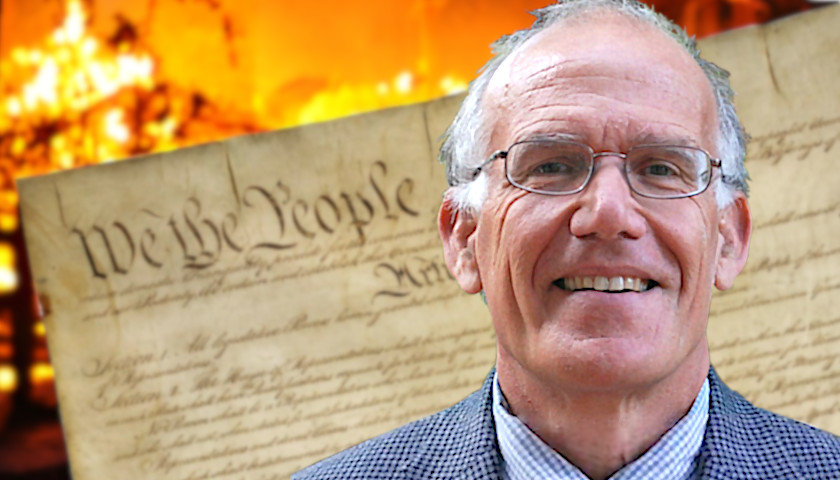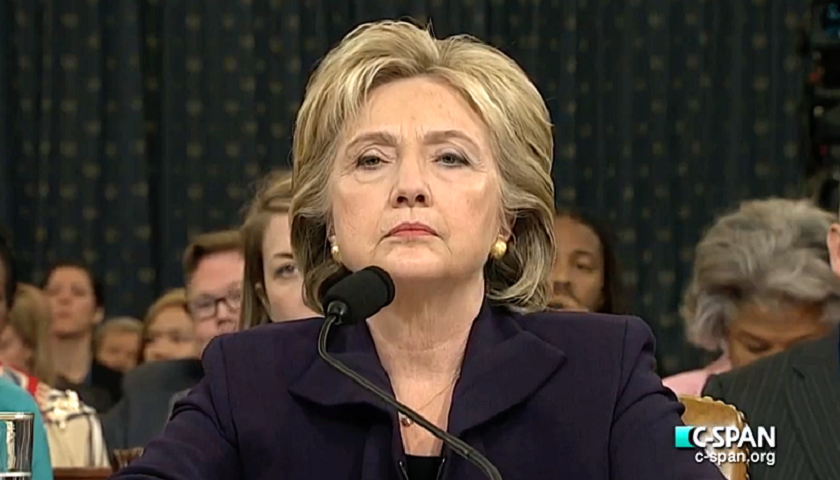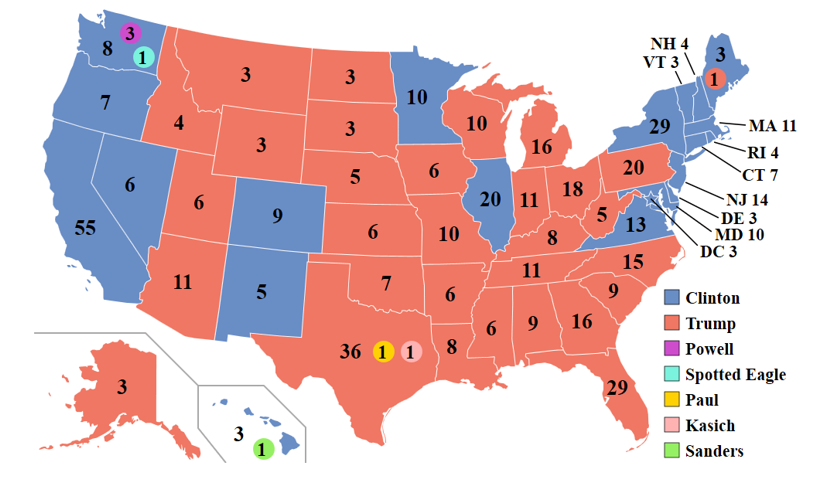by Victor Davis Hanson Donald Trump on occasion can talk recklessly. He is certainly trying to “fundamentally transform” the United States in exactly the opposite direction from which Barack Obama promised to do the same sort of massive recalibration. According to polls (such as they are), half the country fears Trump. The media despises him. Yet Trump poses no threat to the U.S. Constitution. Those who since 2016 have tried to destroy his candidacy and then his presidency most certainly do. When, and if, we ever lose our freedoms, it will not likely be due to a boisterous Donald Trump, damning “fake news” at popular rallies, or even by being greeted with jarring “lock her up” chants—Trump, whom the popular culture loves to hate and whose every gesture and, indeed, every inch of his body, is now analyzed, critiqued, caricatured, and damned on the national news. In general, free societies more often become unfree with a whimper, not a bang—and usually due to self-righteous pious movements that always claim the higher moral ground, and justify their extreme means by their self-sacrificing struggle for supposedly noble ends of social justice, equality, and fairness. Media darlings, not media ogres, receive a…
Read the full story


